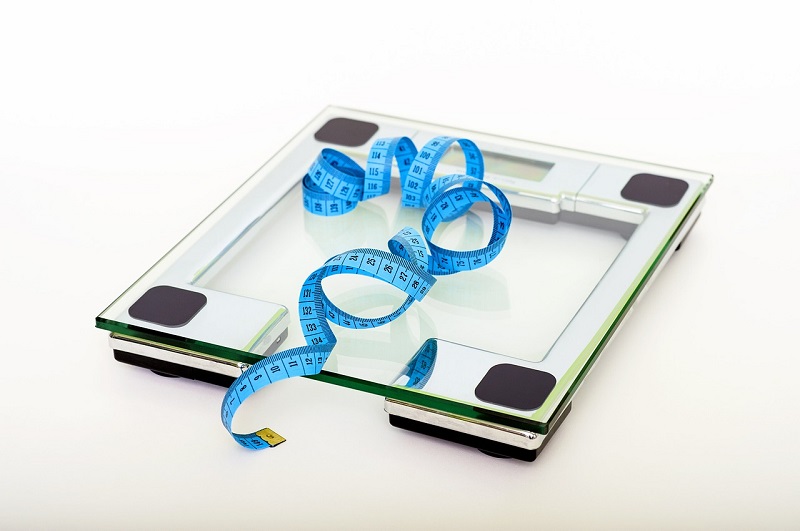The military diet is a low-calorie meal plan that promises weight loss of up to ten pounds in 3-7 days. Those who follow this plan do so in hopes of losing weight quickly. The military diet restricts calories for three days straight at about 800-1,100 calories per day. For the next four days, you are allowed to eat as usual. Military diet benefits may include weight loss, but military diet risks may also include a starvation mode response from the body as well as other complications.
Military Diet Benefits
1. Likely to Cause Weight Loss
Military diet benefits may include the ability to lose weight quickly. Eating a restricted amount of calories will likely result in weight loss, though many would argue that due to the military diet risks, it is not a healthy way to lose weight.
2. Includes Fruits and Vegetables
Military diet benefits include the consumption of fruits and vegetables each day. The plan include carrots, broccoli, green beans and other vegetables, as well as bananas, grapefruit, apples and other fruits.
3. Moderately High in Protein
The military diet is decently high in protein, which can help control hunger and cravings. Studies have shown that consuming more protein can help prevent snacking and overeating, which may be included in military diet benefits. Military diet benefits include protein-dense foods to help prevent a protein deficiency.
4. Similar to Intermittent Fasting
There are several different methods of intermittent fasting. One method is similar to the military diet. Studies have shown that intermittent fasting can help promote weight loss and regular hormone levels, including the hormones that control fat storage and hunger signals. Military diet benefits are similar to that of intermittent fasting.

Military Diet Risks
1. Includes Highly Processed Foods
Despite military diet benefits, there are also several risks. The diet focuses on restricting calories, instead of focusing on the quality of food you’re consuming. As long as the food fits into your caloric goal, any food is fair game. That means there’s a high chance of people consuming more processed foods, instead of focusing on food quality.
2. May Cause a Starvation Mode Response
Military diet benefits may include weight loss, however, the diet may be too low in calories. Too few calories can trigger a starvation mode response from the body, which means that the body starts to slow down and burn less calories. Military diet risks include the possibility of putting your body in survival mode, which can negatively affect hormone levels, cognitive function, physical activity and digestion. It can also lead to adrenal fatigue.
3. Doesn’t Teach You Healthy Eating Habits
Military diet benefits lack the ability to teach healthy eating habits. Many people see weight loss as the main goal, instead of focusing on a health. The military diet will not teach you to eat healthier or to respond effectively to your body’s signals of hunger or satiety. Military diet risks include the fact that it’s not a sustainable way of living.

Military Diet Meal Plans
Foods that are allowed:
- Grapefruit, apples and bananas
- Whole wheat toast and saltine crackers
- Canned tuna fish
- Cottage cheese and hard cheddar cheese
- Eggs
- Meat, including processed meats
- Green beans, broccoli, carrots
- Peanut butter
- Vanilla ice cream
- Black coffee and water
Foods that should be avoided:
- Any additional fruits or vegetables besides what’s included
- Whole grains, legumes or beans
- Additional sources of protein, including meat or fish
- Added fat, such as butter or oil
- Any sweeteners that contain calories, including sugar and honey, plus artificial sweeteners other than stevia
- Any condiments or beverages that contain calories





















